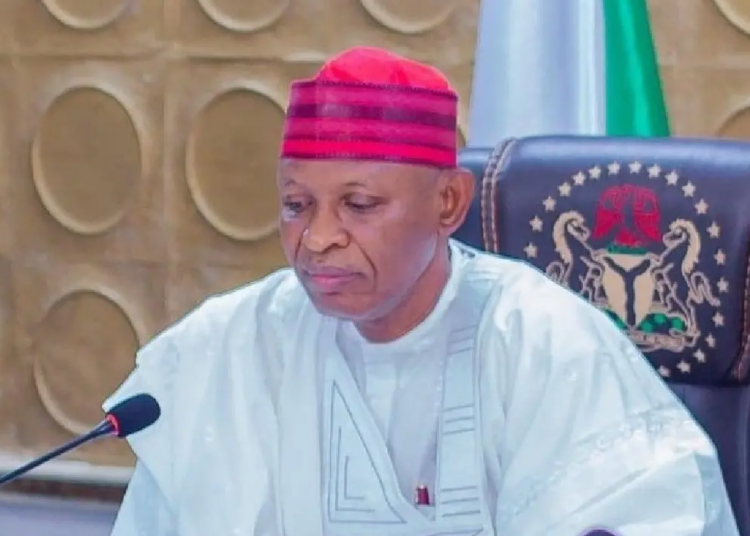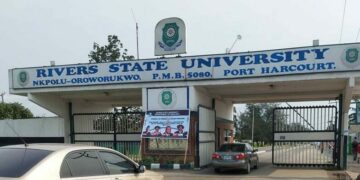Kano State governor, Alhaji Abba Yusuf, has urged Nigerians to translate noble ideas into action as the country marks its 65th Independence anniversary, warning that nation-building cannot be left to the government alone.
At the 65th Independence and Valedictory Lecture held at the Coronation Hall, Kano State Government House, the governor described the event as a reminder of the “urgency of our time and the responsibility that history has placed on our shoulders.”
Represented by his chief of staff, Dr Suleiman Sani, the governor emphasised that security is strongest when communities take ownership, commending Kano’s Safe Corridor Initiative for its rehabilitation and reintegration of repentant youths. “No life is beyond redemption if society chooses to guide rather than abandon,” he said.
The governor also stressed civic participation as the bedrock of democracy, noting that the power of the vote must be harnessed for peaceful change and adding that Nigerian youths are the country’s “greatest wealth,” capable of uniting the nation if properly guided.
“Security is not just the absence of crime; it is the presence of justice, opportunity, and unity,” Yusuf declared.
While acknowledging Nigeria’s poverty, insecurity, and mistrust challenges, Governor Yusuf called for renewed determination among leaders and citizens alike. “Nigeria at 65 is still far from the nation of our dreams, but this is not a reason to lose hope. It is a call to action,” he said.
He urged Nigerians to unite and ensure the country’s vast resources are harnessed for progress. “If we do this, then Nigeria 65 will not just be a number, but a milestone on the road to greatness,” the governor concluded.
In his remarks, the Commissioner for Information and Internal Affairs, Comrade Ibrahim Waiya, explained that the Safe Corridor Initiative targets voluntarily repentant political thugs and drug users through de-radicalisation, psychosocial support, rehabilitation, and skills acquisition.
Waiya revealed that the police in Kano arrest between 50 and 70 youths weekly for drug-related offences, while the NDLEA recorded 1,345 suspects in 2024 alone. Many beneficiaries of the programme, he noted, have returned to school or started small-scale businesses after rehabilitation.






